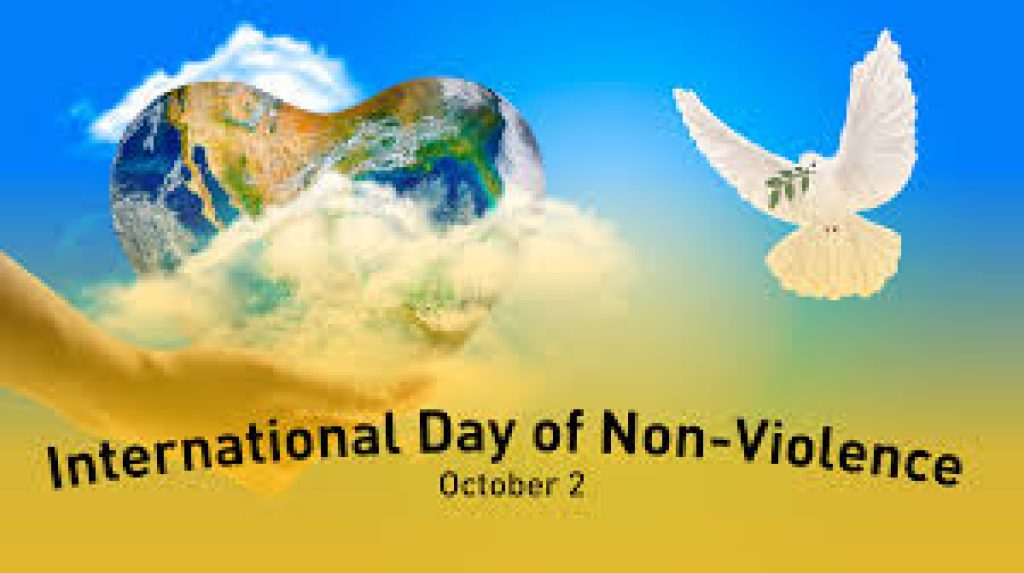International Day of Non-Violence 2024

The United Nations observes the International Day of Non-Violence annually on October 2nd, coinciding with the birthday of Mahatma Gandhi, the revered leader of India’s independence movement and a pioneering figure in the philosophy of non-violent resistance. This observance was established through the General Assembly resolution A/RES/61/271 on June 15, 2007, with the support of an impressive 140 co-sponsors.
Core Objectives
The day serves two primary purposes:
- To disseminate the message of non-violence through education and public awareness
- To reaffirm the universal relevance of non-violence principles
Gandhi’s Legacy of Non-Violence
Life and Leadership
Mahatma Gandhi’s commitment to non-violence remained unwavering throughout his life, even in the face of:
- Oppressive conditions
- Seemingly insurmountable challenges
- Violent opposition
Historical Impact
Gandhi’s non-violent approach led India to independence and inspired civil rights movements worldwide. His methodology included:
- Civil Disobedience: The historic Salt March of 1930 exemplified his approach to peaceful protest
- Philosophical Foundation: His belief that “just means lead to just ends”
- Strategic Thinking: Understanding that using violence to achieve a peaceful society was inherently contradictory
Enduring Philosophy
Gandhi’s core teachings emphasized:
- Rejection of violence and hatred in the fight for freedom
- The power of peaceful resistance
- The importance of maintaining moral high ground
Contemporary Relevance
In today’s world, Gandhi’s principles of non-violence continue to:
- Inspire social justice movements
- Provide alternatives to violent conflict resolution
- Demonstrate the effectiveness of peaceful protest